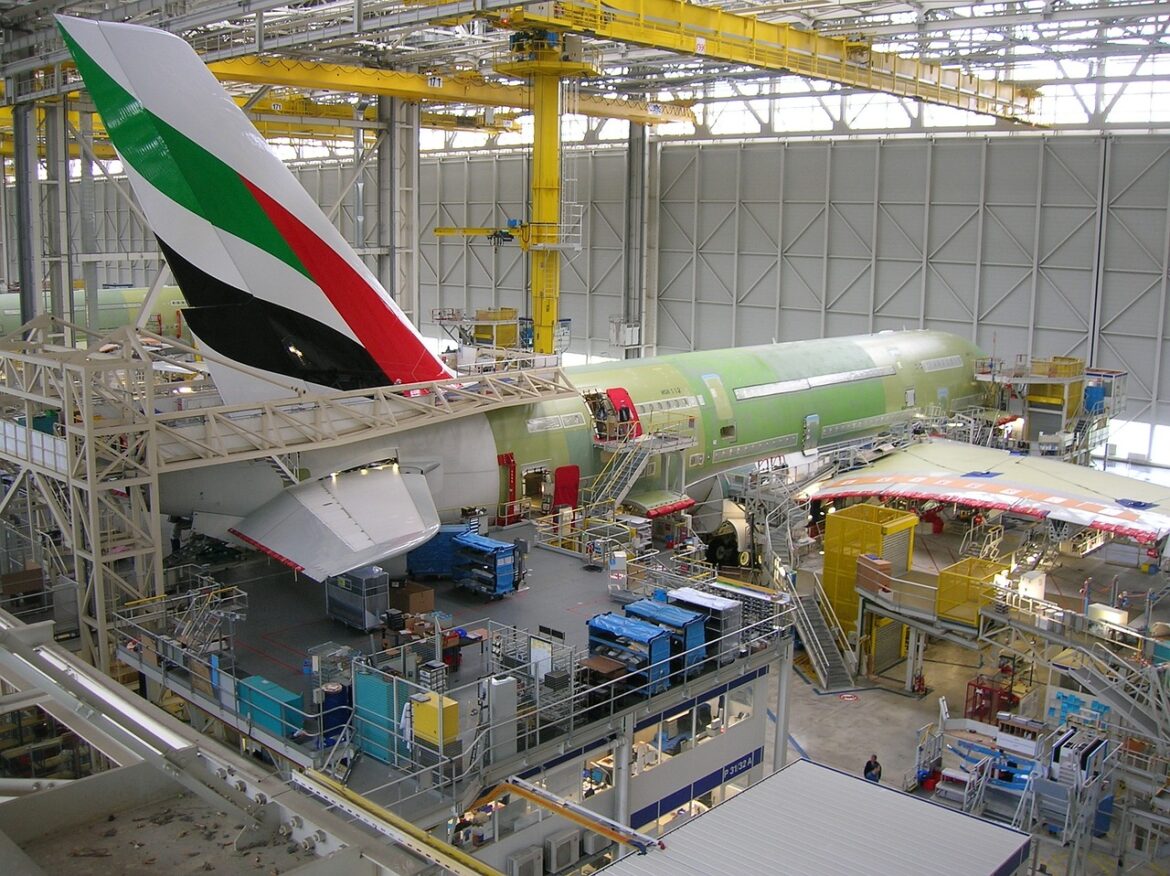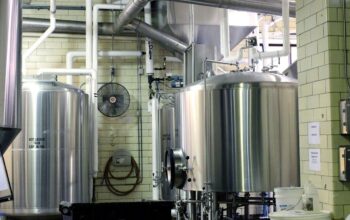Manufacturing is undergoing a revolution, driven by technological innovation and ecological concerns. Here are some of the most significant trends in engineering and manufacturing today:
Revolutionizing Manufacturing with AI
Artificial intelligence is transforming the manufacturing landscape. Companies are integrating AI into product engineering processes, enhancing predictive maintenance and automating testing. For instance, Schneider Electric is combining AI with advanced robotics and digitalization to boost production efficiency and competitiveness. At Automate 2025, they showcased their industrial copilot, which integrates Microsoft Azure AI to simplify application development and improve workplace efficiency[1].
Sustainable Design Priorities
North American companies are shifting focus to sustainable product engineering. This trend emphasizes energy efficiency, recyclability, and environmentally friendly designs. Clients are demanding life-cycle assessments and carbon footprint evaluations from the initial design phases. This shift is notably pronounced in industries like electric vehicles and renewable energy[3].
Upgrading Workforces for the AI Era
Caterpillar is investing $100 million to upskill its workforce in AI and emerging technologies. This highlights the need for workers to adapt to changing job requirements. Skills are evolving rapidly, with an estimated two-fifths of existing skills to be obsolete by 2030, according to a World Economic Forum report[7].
Innovations in Motor Control
Schneider Electric’s TeSys Deca Advanced toolless contactor is redefining efficiency in motor control. This technology offers seamless connections, reducing installation time by up to 75% and enhancing wiring precision. Innovations like these are crucial for manufacturing efficiency and resilience in harsh environments[1].
Investing in Local Capabilities
Companies like Redwood Materials and Isuzu are collaborating to localize supply chains in North America. This move reflects a broader trend of enhancing regional capabilities and reducing reliance on global supply chains. Such collaborations are vital for maintaining competitiveness and ensuring supply chain resilience[7].
Key Trends in Brief:
- AI Integration: AI is becoming a central part of manufacturing processes, enhancing efficiency and productivity.
- Sustainability: Focus on sustainable designs and practices is increasing across industries.
- Workforce Development: There is a growing need to upskill workers for emerging technologies.
- Technological Innovations: Companies are investing in new technologies like toolless contactors to improve manufacturing processes.
- Local Supply Chains: Localization of supply chains is gaining importance to improve resilience,
References:
- https://www.engineering.com/schneider-unveils-innovations-advancing-american-manufacturing-at-automate-2025/
- https://www.enr.com/articles/60725-industrial-leads-for-the-week-of-may-12-2025
- https://www.globenewswire.com/news-release/2025/05/13/3079981/0/en/North-America-Product-Engineering-Services-Market-Outlook-2024-2025-2030-Growth-in-Smart-and-Connected-Products-Focus-on-Time-to-Market-Acceleration-Rise-of-AI-and-ML-Integration-B.html
- https://www.sciencedaily.com/news/matter_energy/engineering/
- https://www.prnewswire.com/news-releases/schneider-electric-unveils-innovations-advancing-american-manufacturing-at-automate-2025-302452325.html
- https://www.infoq.com/podcasts/infoq-culture-trends-2025/
- https://www.manufacturingdive.com/topic/technology/
- https://www.kansascommerce.gov/program/community-programs/broadband-acceleration-grant-year-4/



